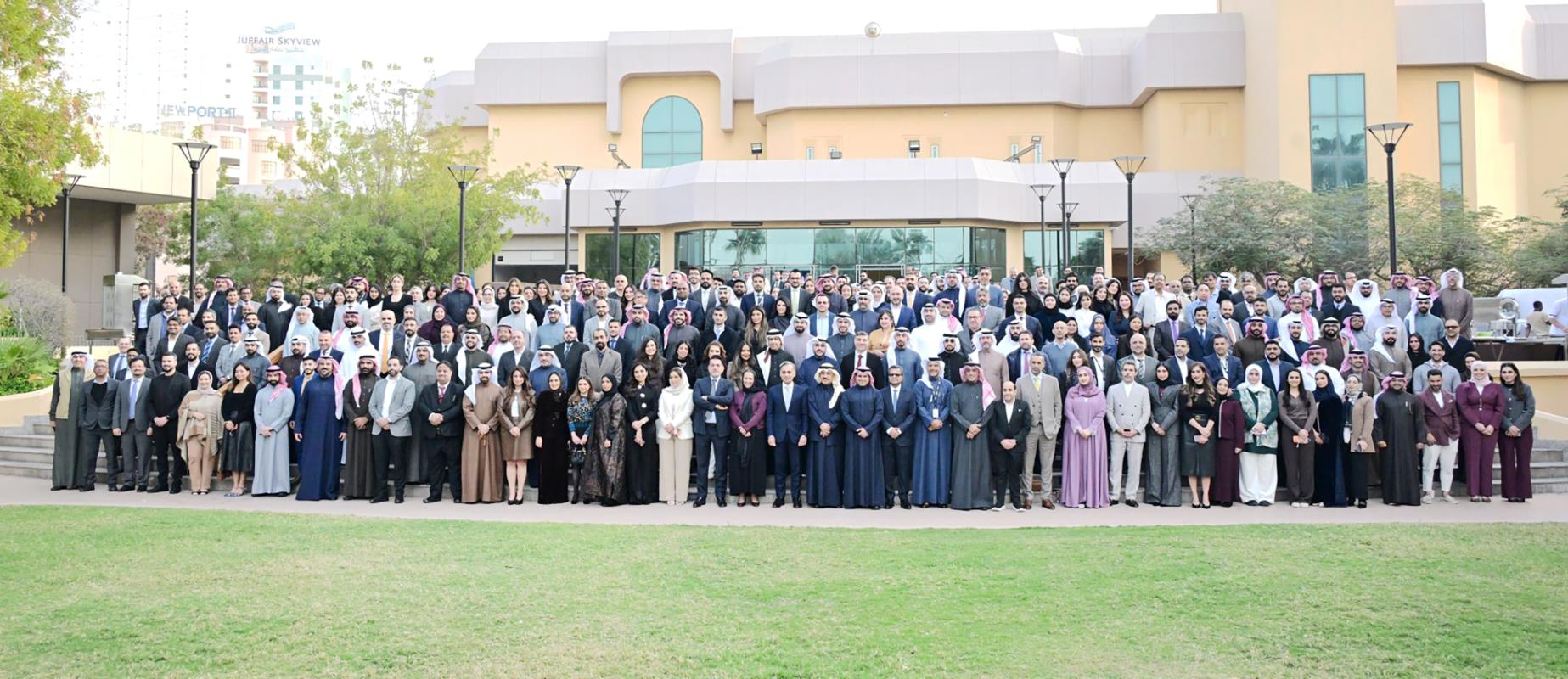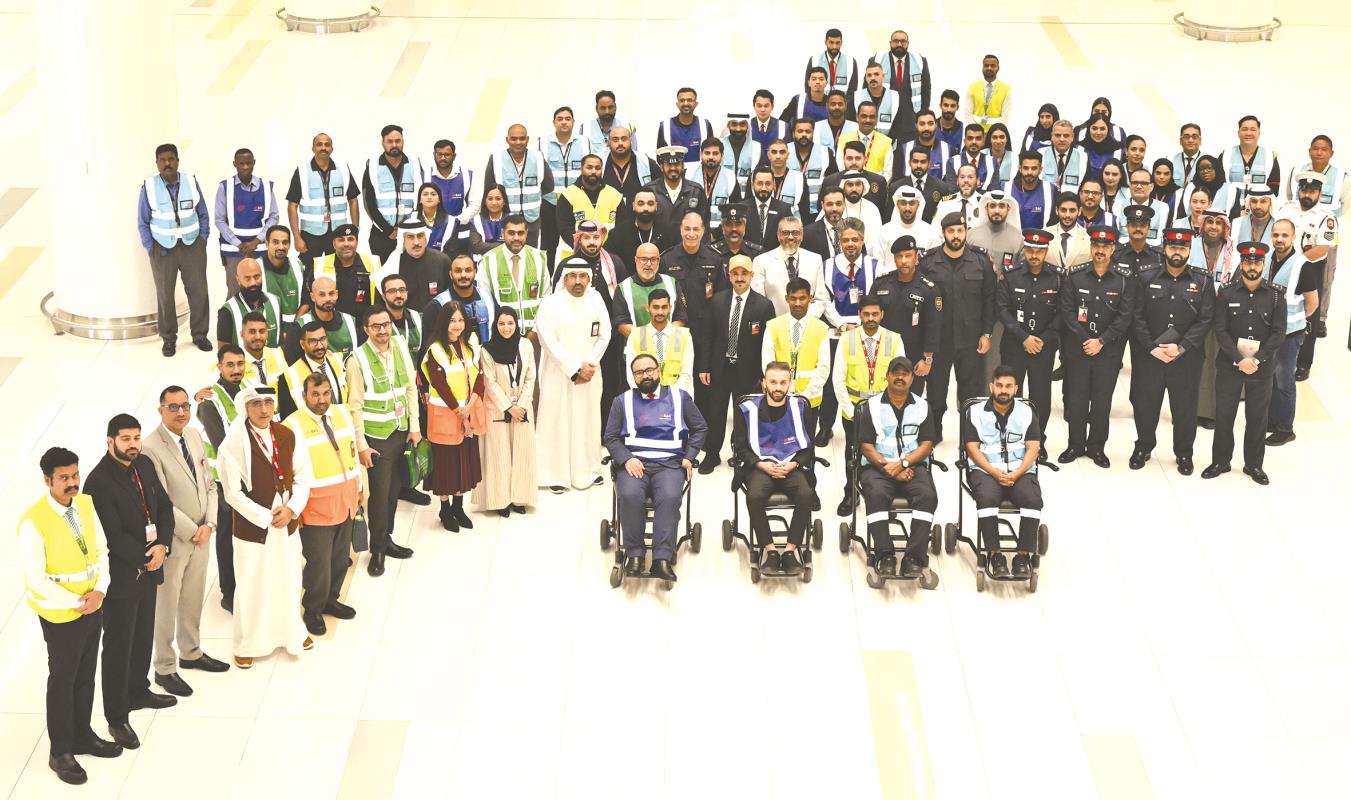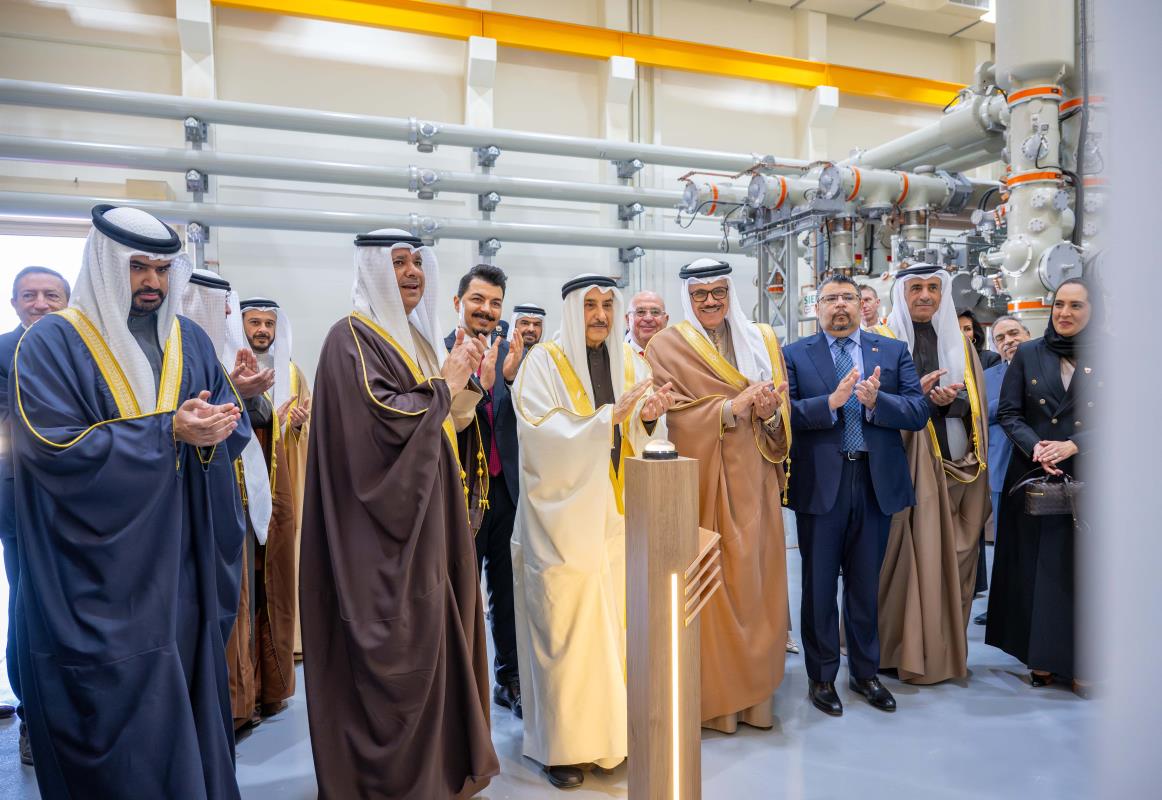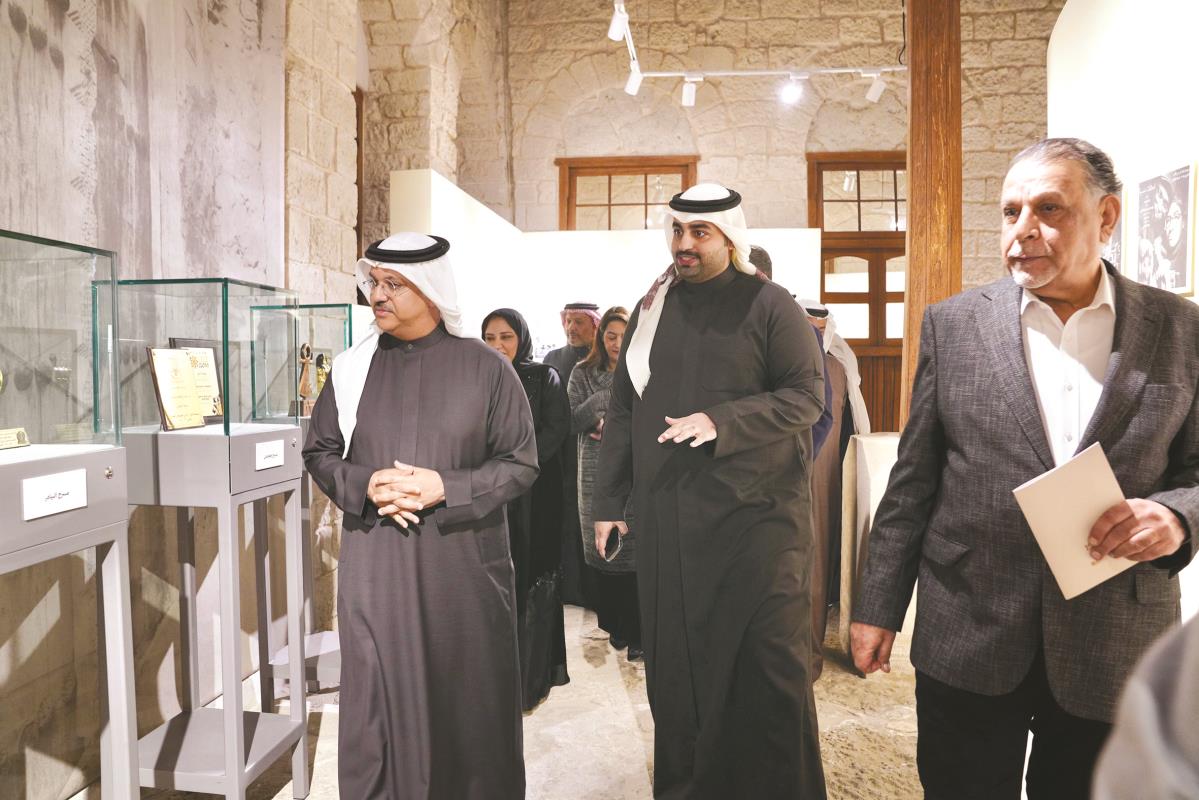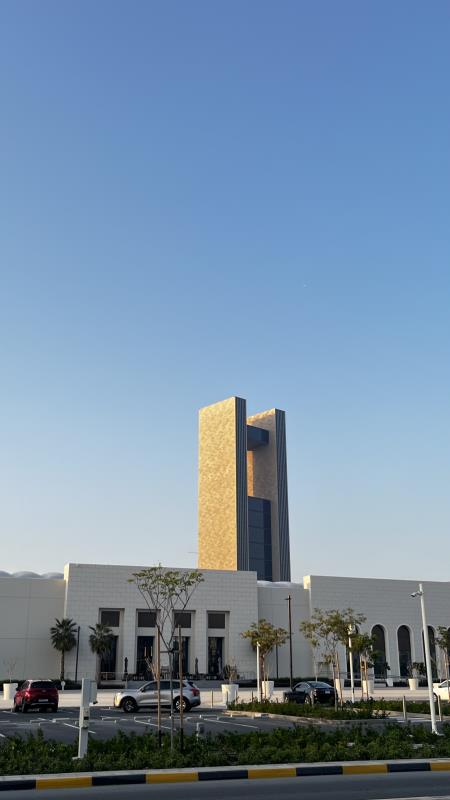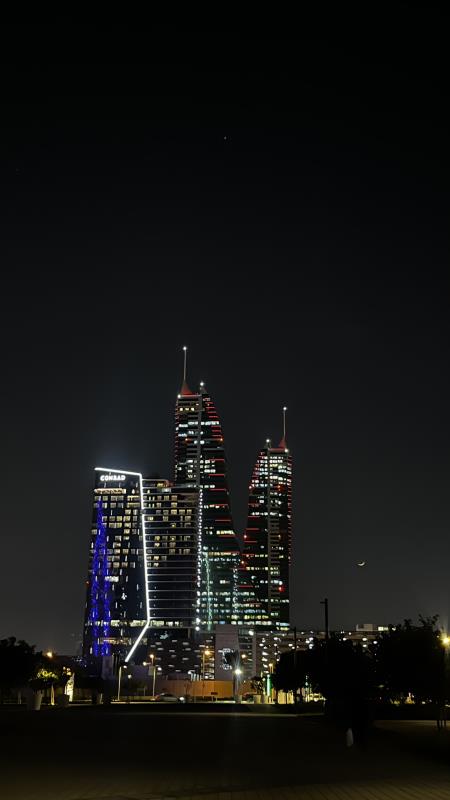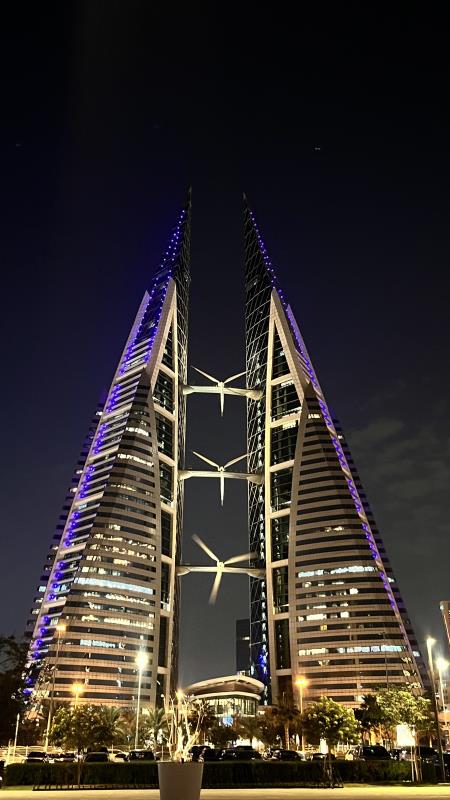
Bahraini families celebrated Eid Al Fitr by continuing the tradition of doling out money to children, commonly known as Eidiyas.
The cash gift is given out to children by elders to mark the end of Ramadan.
The term is derived from the word ‘Eid’ and the Arabic word ‘hadiya’ meaning gift, and is a popular tradition that dates back to the Middle Ages.
The annual Arab-Islamic custom was mostly done electronically since 2020 with families sending money using e-wallets, as tough restrictions were imposed to curb the spread of the Covid-19 pandemic and ensure safety.
However, this year, most families were happy to give out crisp new bank notes and other gifts to children to mark the tradition.
Mother-of-three Duaa Sharbati said children were more happy to receive gifts or cash than electronic payments.
“Children love it when they receive cash on Eid, it really makes them happy,” she told the GDN. “Yes, electronic payments like BenefitPay are more convenient, but there is no better feeling for children than receiving fresh banknotes on the first day of Eid.”
Mother of two Jehan Shaji admitted that sending money electronically was indeed convenient, ‘but it did not feel like Eid’.
“When children receive cash in their hands on the first day, it gives them a special feeling, it is part of what makes Eid special,” she said.
“I hope the tradition of handing out cash continues because it makes Eid what it is.”
Meanwhile, citizens and residents yesterday performed Eid prayers at designated mosques and open-air grounds, with the Interior Ministry co-ordinating security efforts across the country to ensure they are held smoothly.
preprocess




















































